What Are Pentecost and Shavuot? 10 Things Christians Should Know

Photo courtesy: ©Thinkstock/sedmak
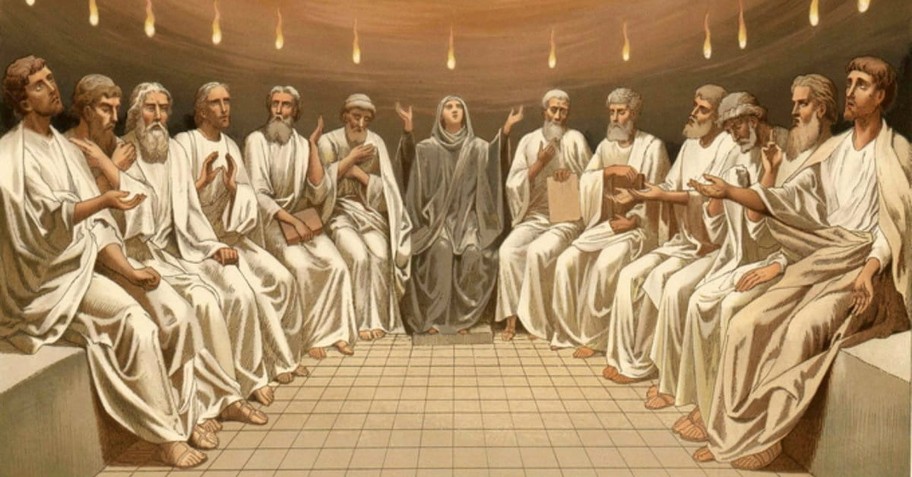
1. What is Pentecost?
Pentecost Sunday (May 20) marks the day most Christians believe the Holy Spirit descended on the followers of Jesus after his death, resurrection and ascension. The story comes from the New Testament Book of Acts: “Suddenly a sound like the blowing of a violent wind came from heaven and filled the whole house where they were sitting. They saw what seemed to be tongues of fire that separated and came to rest on each of them. All of them were filled with the Holy Spirit and began to speak in other tongues as the Spirit enabled them.” Jesus’ followers were amazed — they could speak languages they never knew before and they could understand others they had never heard. The Apostle Peter stood up and preached his first sermon — so many Christians think of this holiday as the “birthday” of the church.
Photo courtesy: ©Thinkstock/Ruskpp
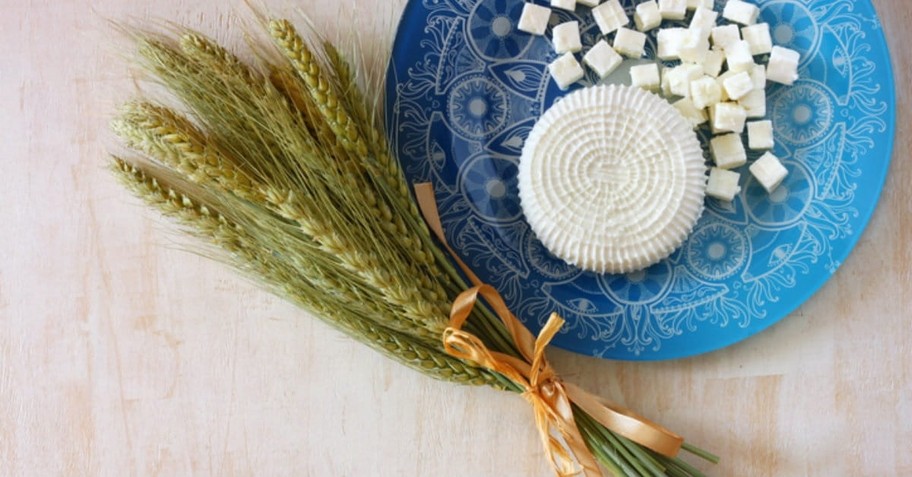
2. What does that have to do with Shavuot?
A lot! Shavuot is called the “Festival of Weeks” because it is held seven weeks (and one day) after the second night of Passover. Originally tied to an ancient grain festival, it eventually became the holiday that marks God’s giving of the Torah to Moses on Mount Sinai.
The link between the two holidays lies in their names. “Pentecost” comes from the Greek word “pentekostos,” which means 50. Pentecost comes 50 days after Easter, when Christians believe Jesus rose from the dead. And 50 days also represents the gap between Passover’s second day and Shavuot. Some scholars believe Pentecost owes its name to Jesus’ Jewish followers who were gathered together to observe the festival of Shavuot.
Photo courtesy: ©Thinkstock/tomertu

3. What does Shavuot mean for contemporary Jews?
This is where the idea of “gifts” comes in. On Shavuot, which starts this year on Saturday evening, Jews mark not just the giving of the Torah by God, but their acceptance of the Torah. Some Jewish writers have compared the exchange to a marriage or other sacred covenant. One way the holiday is observed is through the reading of the Book of Ruth, the story of a woman who converts to Judaism and accepts the Torah.
Photo courtesy: ©Thinkstock/chameleoneyes
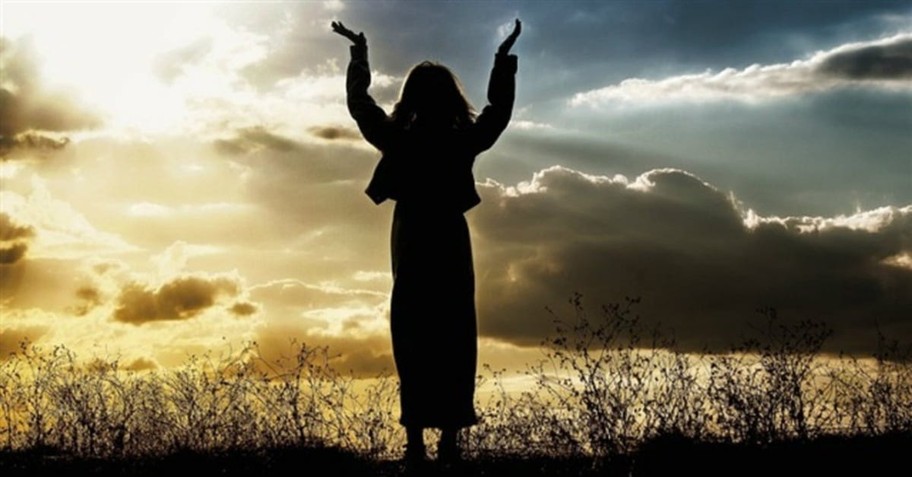
4. What does Pentecost mean for contemporary Christians?
The gifts of the first Pentecost have different meanings to different Christians. Some interpret them as the spiritual benefits of accepting Jesus that bring a more meaningful earthly life. Others — especially those Christians known as Pentecostals — believe the first Pentecost gave all followers of Jesus “the gifts of the Spirit” — speaking in and interpreting tongues, the ability to prophesy, the power to heal by touch, the ability to discern spirits. Pentecostals believe those things are available to all Christians, and only those who accept them are able to fulfill the work and destiny that God has laid out for them.
Photo courtesy: ©Thinkstockphotos.com

5. I like gifts. What did you get me for Pentecost and Shavuot?
Sorry, neither Christians nor Jews exchange presents on Pentecost or Shavuot. Nor do they eat cake. Some Jews mark Shavuot by decorating their homes with spring flowers; others stay up during the first night of the festival — this year from sundown on Saturday to sundown on Monday — to read the Torah. They go to synagogue, where the Ten Commandments — the foundational laws they believe were given to Moses on Sinai — are read aloud. Christians generally mark Pentecost by a reading from Acts, and some wear all white, or all red.
Photo courtesy: ©Thinkstock/HAKINMHAN
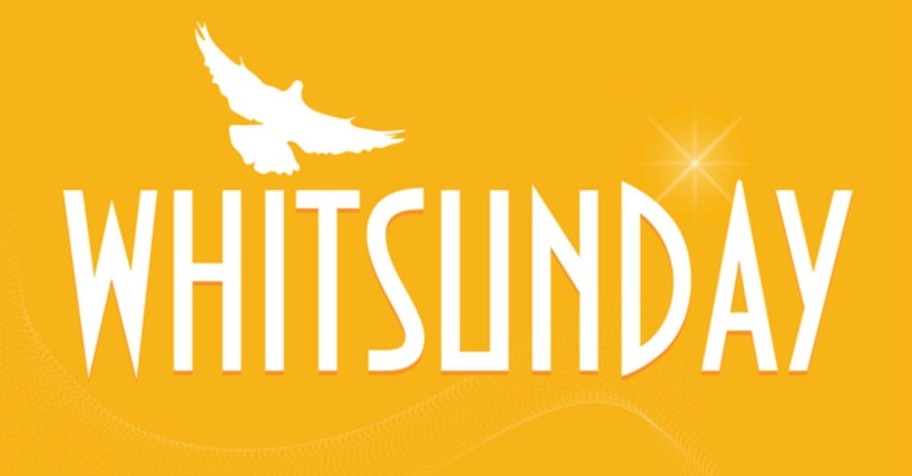
6. What is another name for Pentecost?
In medieval Britain, Pentecost was sometimes called “White Sunday” — or Whitsunday — for the custom of wearing white.
Aleteia.org explains further: "The Merriam-Webster Dictionary confirms the etymology of the word, explaining how 'Whitsunday [is derived from the] Middle English Whitsonday, from Old English hwīta sunnandæg, literally, white Sunday; probably from the custom of wearing white robes by those newly baptized at this season.'
With this in mind, Pentecost is closely connected to the celebration of Easter and the coming of the Holy Spirit is emphasized in relation to the Sacrament of Baptism."
Photo courtesy: ©Thinkstock/tatodonets
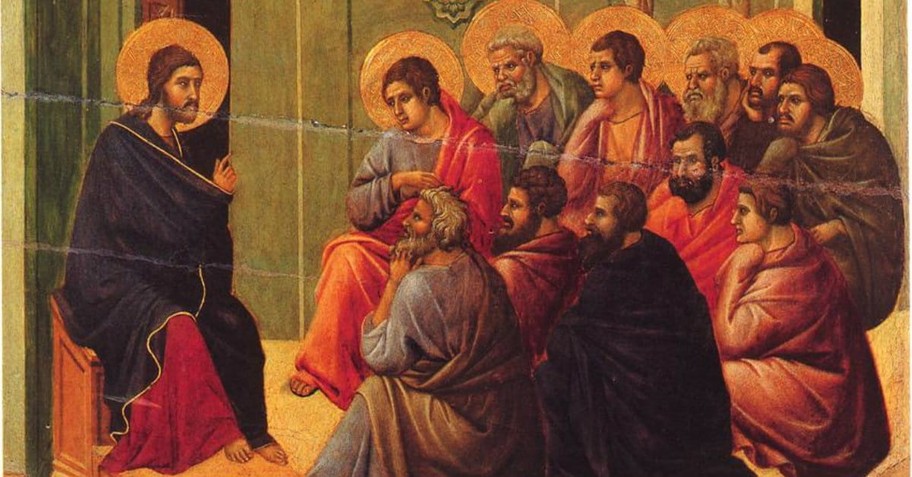
7. Where can I read about Pentecost in the Bible?
You can find the story of the original Pentecost in Acts 2. You can also watch this narrated video of the incredible Pentecost story. If you've never been one to celebrate Pentecost Sunday, this powerful version of Acts 2:1-4 will put it into a whole NEW light for you.
Photo courtesy: Wikipedia
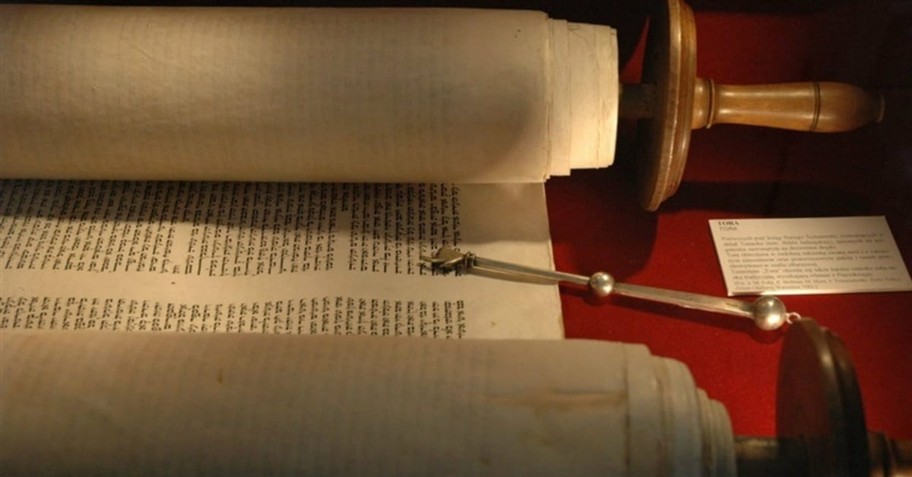
8. Where can I read about Shavuot in the Bible?
Since Shavuot commemorates God's giving of the Torah, or the law of God, to Moses and the Israelites, you can read about it in much of the Bible. Specifically, the Torah refers to the first five books of the Bible--Genesis, Exodux, Leviticus, Numbers, and Deuteronomy--which contain the details of the laws God gave to His people, including the 10 Commandments in Exodus 20. Also, as was previously mentioned, Shavuot is sometimes associated with the Book of Ruth in the Old Testament.
Photo courtesy: Wikimedia Commons
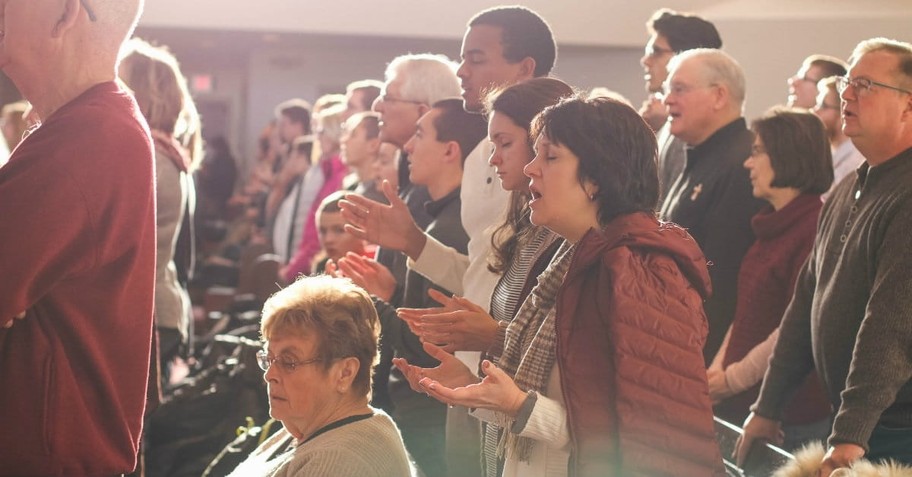
9. Pentecost: the birthday of the Church
Today, Christians who commemorate Pentecost also celebrate it as the birth of the Church.
Some churches celebrate the day with red decorations and some read scripture in a foreign language, but the day should mostly be recognized as the birthday of the church, says Carolyn Arends, the director of education for Christian resource site Renovaré, in an article for Christianity Today.
“It reminds us that the Spirit’s power and the life of the church are always intertwined,” she said. “The day of the Spirit’s spectacular arrival among the disciples is also the day when 120 ragtag Jesus followers became a church of over 3,000. (That’s over 2,500 percent growth in one day!).”
The celebration of Pentecost Sunday and one of its significances is the way that churches all over can unify as “one common church” to say they are “part of the larger story God is telling,” she added.
Photo courtesy: Unsplash/Sarah Noltner
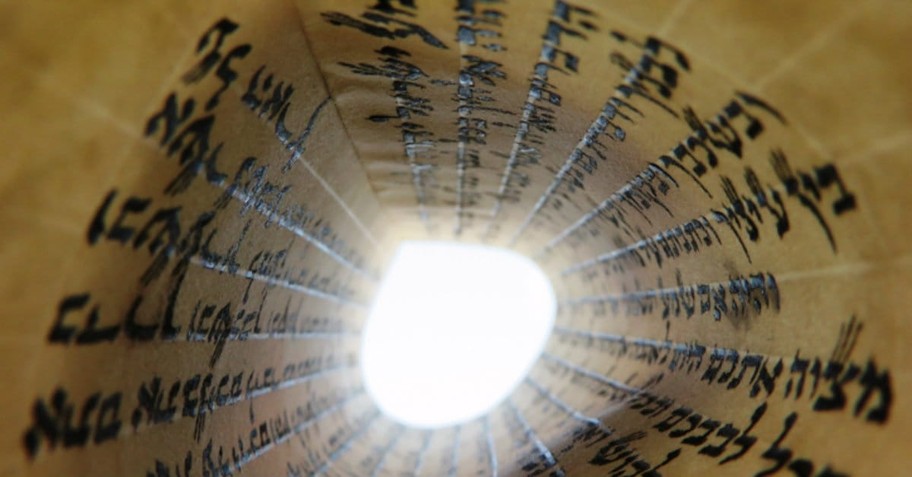
10. Should Christians also celebrate Shavuot?
Does it make sense for Christians to celebrate the biblical festival of Shavuot in addition to (or even in place of) Pentecost?
Sharon Sanders, co-director of Christians Friends of Israel, believes so, considering that Shavuot is the version of the holiday actually ordained by God.
"I remember well my childhood growing up in a traditional church where we celebrated only Easter and Christmas as set by the historical church. I had no idea God actually established ‘appointed times' for those in His great assembly," Sanders told Travelujah, as quoted by Christian Headlines. "It is unfortunate that many churches overlook the significance of the three main festivals God speaks clearly about in His Word; namely, Passover, Shavuot (Pentecost) and Succot."
Today, Sanders lives in Israel and, like many Christians living in the Holy Land, actively participates in celebrating Shavuot with Jewish friends.
"I am thrilled to be able to celebrate Shavuot with the Jewish people," said Sanders. "I love celebrating the festivals of God in Israel because more emphasis is put on times of gladness, joy and fellowship with one another rather than commercialism and self-indulgence that so often comes with other festivals. Shavuot for me, as a Christian, is special because the Book of Ruth is read, a beautiful story about God's redemptive love."
This article is part of our larger Holy Week and Easter resource library centered around the events leading up to the death and resurrection of Jesus Christ. We hope these articles help you understand the meaning and story behind important Christian holidays and dates and encourage you as you take time to reflect on all that God has done for us through his son Jesus Christ!
Holy Week, Passion Week Timeline
What is Lent?
What is Palm Sunday?
What is Ash Wednesday?
What is Maundy Thursday?
What is Passover?
What is Good Friday?
What is Easter
Holy Week and Easter Prayers
What are Pentecost and Shavout?
Photo courtesy: ©Thinkstock/tzahiV
Originally published May 17, 2018.





